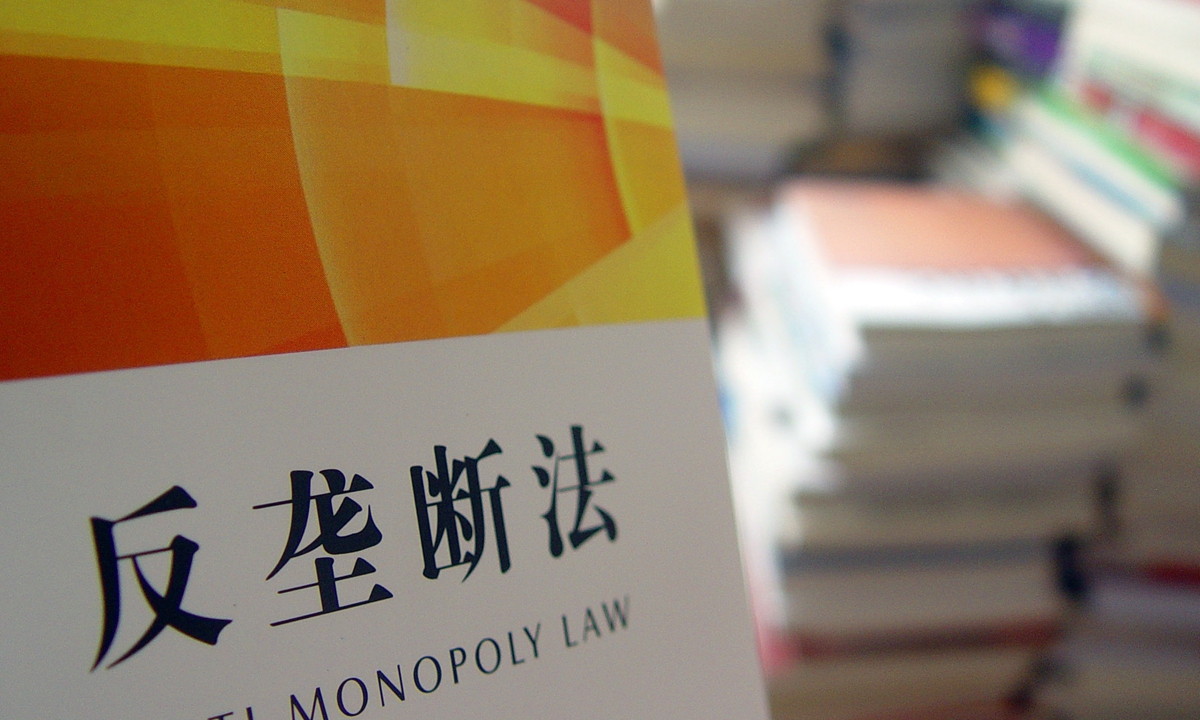
The State Administration for Market Regulation (SAMR), the country's top market regulator, imposed a fine of 500,000 yuan ($74,700) each on companies including Alibaba Group, Tencent Holdings and SoftBank Corp for violating the Anti-Monopoly Law, according to its official website on Sunday.
The SAMR said these companies were found to have not declared the concentration of business operators as per legal requirements. The concentration of business operators is when a business operator obtains control over another participant in the same area, which may lead to a monopoly.
All of the cases are about mergers and acquisitions, including Alibaba's acquisition of Best Inc, Tencent's purchase of Okaybuy (China) Holding Inc, as well as Ping An Healthcare And Technology Co's establishment of a joint venture with SoftBank.
"In spite of small penalty, the punishment has a more significance in sending a warning to other companies in cracking down on monopoly," Liu Dingding, a Beijing-based internet industry veteran analyst, told the Global Times on Sunday, adding that more such reviews are expected.
In January, the SAMR fined a number of companies, including Alibaba, Tencent and Chinese video sharing platform Bilibili, for failing to properly report over a dozen deals, issuing a fine of 500,000 yuan per case. The fines are the maximum under the country's existing Anti-Monopoly Law.
The penalties came as the country ratchets up a crackdown on monopolistic behavior in recent years, especially on platform companies abusing their dominant market positions, in an effort to foster a fair, transparent and predictable environment for business operators.
In June, the top legislature passed an amendment to the Anti-monopoly Law, which makes it clear that the country will formulate and implement competition rules compatible with the socialist market economy and improve a unified, open, competitive and orderly market system. The amendment will take effect on August 1.
A major revision of the legislation focuses on how to deal with new challenges brought about by digital economy and properly regulate platforms, as certain clauses within the existing anti-monopoly law have been rendered incompatible with the country's fast-evolving economic landscape.
The revised law will further regulate monopolistic behaviors under a set of standardized rules, while building a sound and vibrant market environment to foster innovation and entrepreneurship, Liu said.




